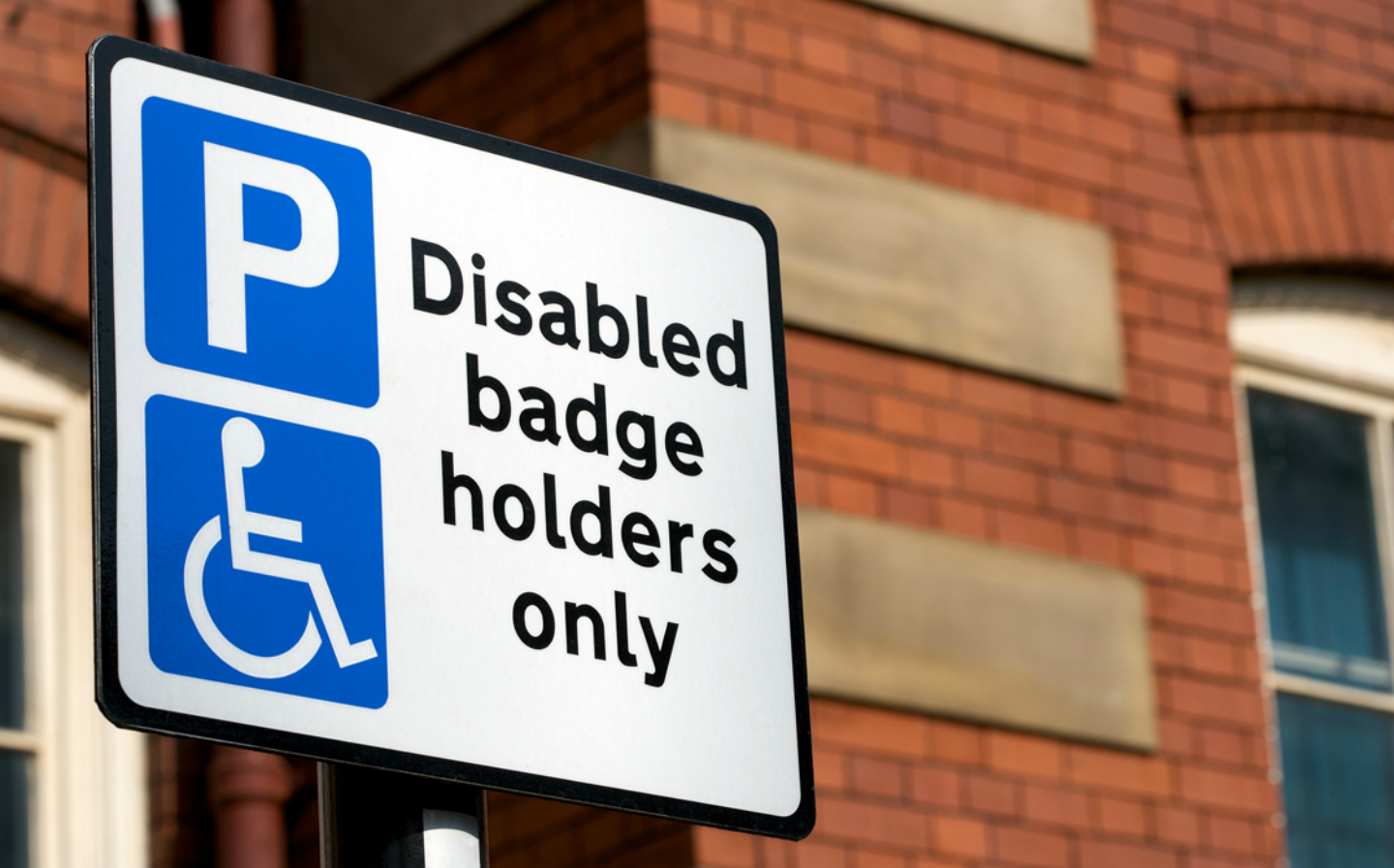Motorists with mental health conditions can now apply for disabled driver blue badges
Councils will have the final say on applications
THE BLUE badge scheme for disabled drivers is undergoing the biggest shake-up in its 49-year history after the Department for Transport (DfT) approved measures to allow people with mental health conditions to join.
Blue badges, which give disabled drivers access to more convenient parking spots at destinations across the country, were previously only available to motorists with physical disabilities. The changes made by the DfT now mean motorists with non-visible conditions that mean they can’t walk without “considerable psychological distress” or “the risk of serious harm” are now eligible.
The revisions mean motorists with mental health conditions such as anxiety can apply for a Blue Badge.
This desire for greater parity in the support of physical and mental health conditions has also opened up the programme to road users with ailments such as autism, dementia, brain injuries, arthritis and Parkinson’s disease.
The government claims these changes will help “offer a lifeline to people who often find road travel difficult”, as well as keeping loneliness at bay by making it easier for drivers to stay in contact with friends and family.
Official figures reveal 859,000 badges were issued by local authorities between April 2017 and March 2018. Extra support will be given to councils so they can cope with the expected increase in demand. The DfT says it will, in agreement with the Ministry of Housing, Communities and Local Government, provide £1.7m of funding for regional administrations to use during the first year of the updated blue badge programme.
The DfT has also advised local councils to consider expanding the number of disabled parking spaces in their area, and to review whether more more parking spots are needed if the overall capacity of the car park is reduced by “disabled spaces tak[ing] up other existing parking spaces”.
While the revised blue badge scheme means more motorists than ever are now eligible for preferential parking spot access, the DfT stressed that not every driver who qualifies will be given a pass. As it currently is with physical disability applications, local authorities will have the final say over whether it does and doesn’t meet the criteria.
The Transport Secretary Grant Shapps said: “The [blue badge] scheme, which is already a lifeline for so many disabled people, will make a huge difference to those with non-visible conditions such as autism, dementia, Parkinson’s and arthritis. It is my sincere wish that these changes will improve even more people’s lives.”
The inclusion of mental health conditions in the scheme has been met with praise from non-physical disability awareness charities. Parkinson’s UK’s senior policy adviser Michael Griffin said the changes are “a step in the right direction for making transport more inclusive for people affected by Parkinson’s and other conditions”, and the National Autistic Society’s head of policy Tim Nicholls said the revisions will be “a huge relief for thousands of autistic people and their families in England, many of whom weren’t able to get this vital support under the old rules and 2014 guidance, which were too focused on people’s physical ability to walk”.
However, the blue badge availability expansion has been criticised by Disabled Motoring UK’s chief executive Graham Footer. While he said there’s no dispute that many drivers with non-physical disabilities would benefit from having a blue badge, Footer is concerned the increase in the number of blue badge holders will “put more pressure on limited disabled parking [availability]”, and said local councils need to “increase their disabled parking provision to meet the rising demand”.





